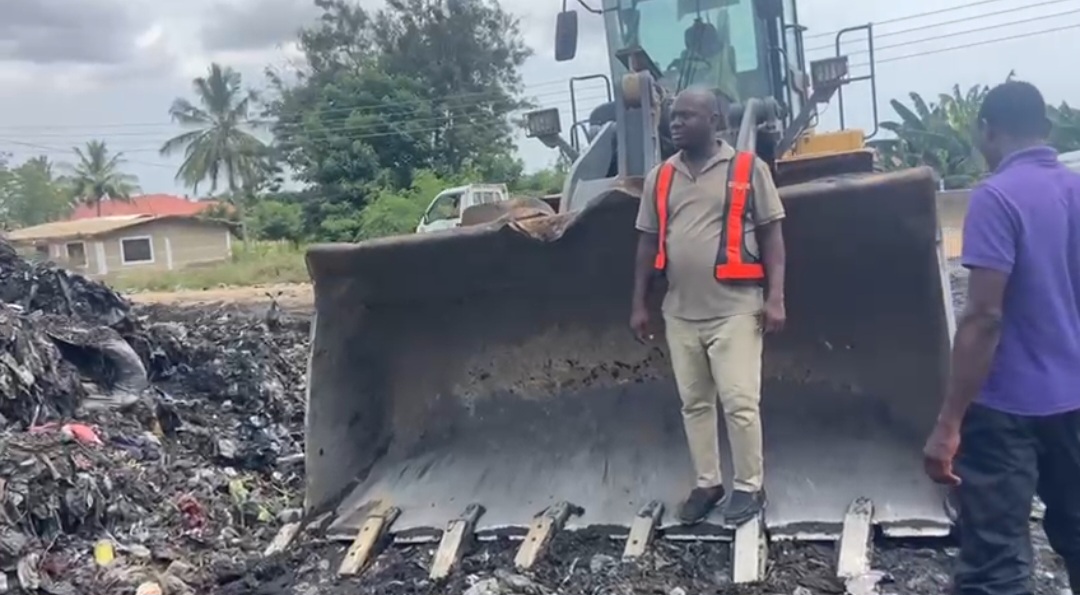CSIR Warns Galamsey Activities Threatens Ghana’s Food Security

The Crops Research Institute (CSIR) in the Ashanti Region has issued a warning that Ghana’s food security could worsen if the government does not intensify efforts against illegal mining (galamsey) activities in farming areas across the country.

Dr. Eric Owusu Danquah, a Senior Research Scientist at CSIR, raised these concerns during a roundtable discussion at the University of Cape Coast.
The workshop brought together various stakeholders in the agriculture sector as part of a project consortium involving three Ghanaian institutions: the Crops Research Institute in Kumasi, Lake Agyei Farm Institute in Mankessim, and the Department of Agricultural & Mechanical Engineering at UCC. This policy workshop aimed to provide a platform for experts and policymakers to share opinions on biobased innovations and technologies.

According to the latest reports from the Institute, Dr. Owusu Danquah emphasized that illegal mining has severely impacted biodigesters and food production systems.
He noted that crops grown in affected areas are often contaminated with high levels of heavy metals, posing serious health risks.

He highlighted the compound challenges facing Ghana’s limited arable lands, including climate change, illegal mining, and a growing population.
Dr. Owusu Danquah warned that without stronger protective measures, the country’s land resources will continue to be jeopardized, threatening the ability to feed its expanding population.

“If Ghana is not careful, a time will come when we will not be able to feed our increasing populations,” he cautioned, stressing the urgent need for government intervention to protect farmland and ensure sustainable food production.

Dr. Francis Kumi, a Senior Lecturer in Agricultural and Mechanical Engineering at the University of Cape Coast, expressed disappointment over the government’s continued lack of support for local researchers and scientists in producing affordable fertilizers.
Addressing the high cost of imported fertilizer into the country, Dr. Kumi questioned why government policies have not prioritized enabling local institutions to develop low cost fertilizer alternatives that could benefit farmers and enhance agricultural output.

He underlined an urgent need for government intervention to invest in homegrown research and development by backing local fertilizer production, Ghana could significantly reduce import dependency, generate employment opportunities, and improve food security through increased agricultural productivity.

Mr. Peter Omega, Regional Director for Ministry of Food & Agric, reading the Minister of Agriculture Hon. Eric Opoku’s speech, affirmed that the ministry is introducing a platform where researchers and academics from universities will make their findings available to the government for adaptation to address farmers’ problems going forward.
END.



